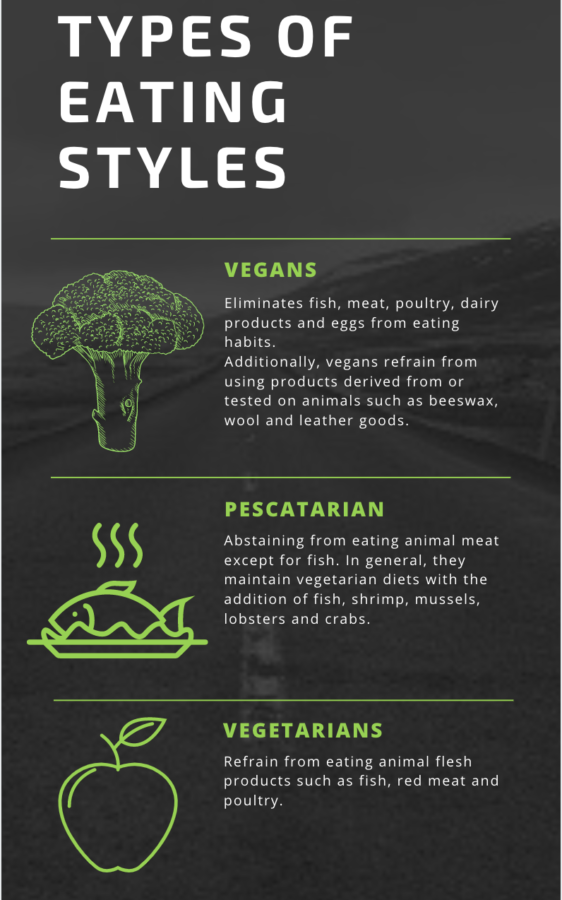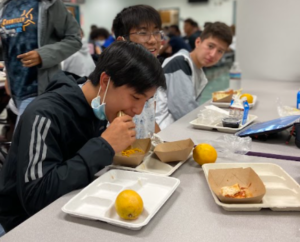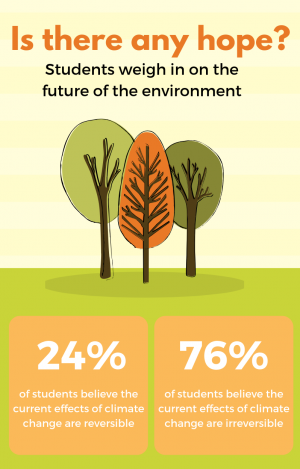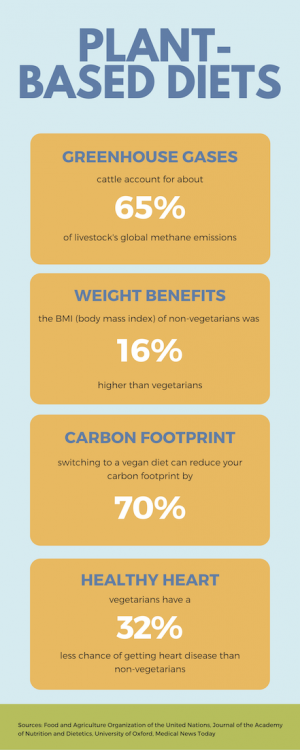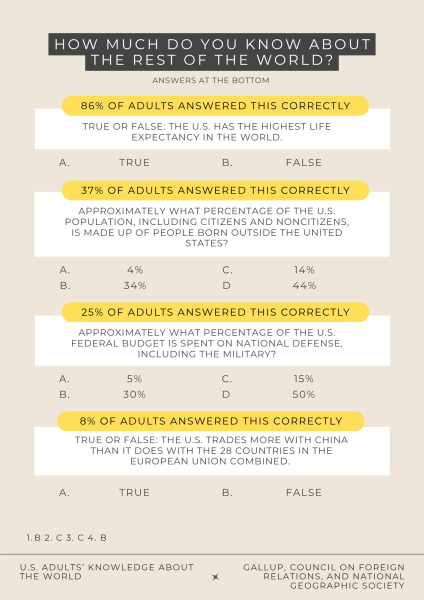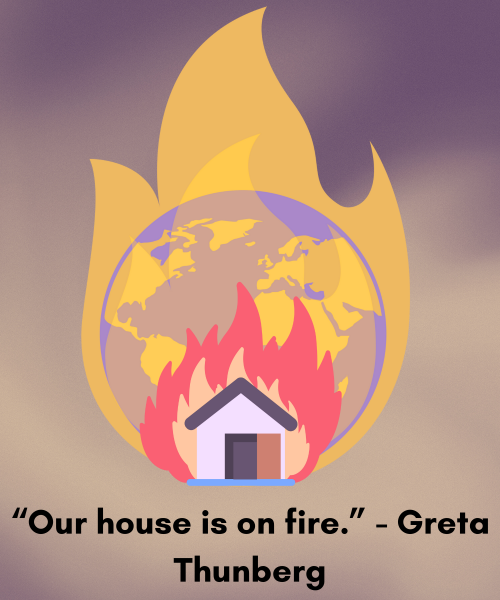Villainizing vegans: the perfect diet does not exist
Different eating styles that are prevalent around the world with information from NorthShore
Due to different attitudes toward various diets, the phrase “food fight” takes on a new meaning. Vegans, vegetarians, pescatarians and meat-eaters alike seem determined to constantly debate over the best eating habits. However, this decades-long debate is not a black and white issue.
“I wouldn’t consider myself against veganism, but I think it is [weird],” junior Ethan Liu said. “Humans were created to be omnivorous, so to me, going [plant-based] goes against nature.”
Due to the rise of the climate crisis, more and more people are looking toward adopting sustainable ways of life such as going vegan or vegetarian. According to PlantProteins, as many as 6% of U.S. consumers say they’re vegan as of 2021, a 500% increase compared to 2014. Although veganism and vegetarianism diets are similar in that they both lack meat, vegans also don’t consume animal-produced products such as milk or eggs.
“I feel great about trying to go plant-based,” senior Rama Mittal said. “In my case, experimenting with this diet has made my body feel much better.”
According to Pro Health, vegan and vegetarian diets help prevent deterioration of artery walls, type two diabetes and high blood pressure. However, a vegetarian diet may lead to a lack of B12 vitamins found in animal-based products and an increase in bad LDL cholesterol levels, as North Dakota State University reported. According to ConnectUS, veganism can also lead to a lack of B12 as well as insufficient saturated fats and amino acids, molecules that form protein, in each food serving.
The pros of eating meat include high-quality protein, a stronger immune system and better energy levels. In contrast, the cons include the risk of infections such as E. Coli, consuming harmful hormones and damaging blood vessels, according to New Health Advisor. For pescetarians, a pro of this diet is the reduced risk of food-borne illness, but a con is an increased chance of mercury exposure.
“I watched studies on [veganism] and did it because I wanted to be healthier and it was enjoyable for the time being,” junior Riley Frazier said. “[I stopped being vegan because] I missed meat and I love the way it tastes.”
Additionally, it’s unfair to villainize or ostracize vegans over their diet without knowing the reason behind it. Some religions stay away from certain foods due to ideological beliefs. Other people choose to go vegan or vegetarian for health reasons.
“I chose to go plant-based because my body [digests] food really slowly,” Mittal said. “[After] I stopped eating cheese, I stopped having bad stomach aches.”
On the other hand, people who are unwilling to move to a vegetarian or vegan diet have valid reasons. To place the weight of saving the environment onto individuals by forcing a restrictive diet is unfair. According to Vegan Outreach, while a shift towards plant-based diets will reduce greenhouse gases using solar panels, installing solar lights and using non-toxic household products can also reduce emissions, as reported by the National Park Service. Those who choose to eat meat should not be looked down upon.
“I would never go vegan or vegetarian because I wouldn’t be able to give up eating meat,” Liu said. “One of [my] issues with vegetarians is the lack of certain nutrients because I think meat balances the diet.”
The availability of some food products makes going plant-based difficult. Not everyone has the resources to afford specialty foods since food disparities among underprivileged, minority communities run rampant across the United States, as reported by National Center for Biotechnology Information. Social situations may also make avoiding meat difficult.
“When on vacation, going out with friends or doing any type of activity that involves going out to eat, most meals include meat,” Frazier said.
Vegans are often seen as people that force their lifestyle onto others, deprive themselves of a balanced diet and act as outspoken animal rights activists, according to One Green Planet. These are unfair assumptions because people that eat meat can also be guilty of being outspoken about their lifestyles and eating an unbalanced diet. There is no such thing as a perfect universal diet—each one comes with its own pros and cons. Every person has different capabilities and restrictions that should be respected. Eating habits are a personal decision; both sides need to stop arguing and let people eat as they please.
“Everyone should eat foods that make them and their body feel good,” Mittal said. “If meat is the type of food you like to eat, then you should.”
Your donation will support the student journalists of Chantilly High School. Your contribution will allow us to cover our printing and annual website hosting costs.

Jada McGlothin is a junior in her second year of the Purple Tide. She enjoys playing field hockey and soccer with her friends and doing yoga with her mom....


